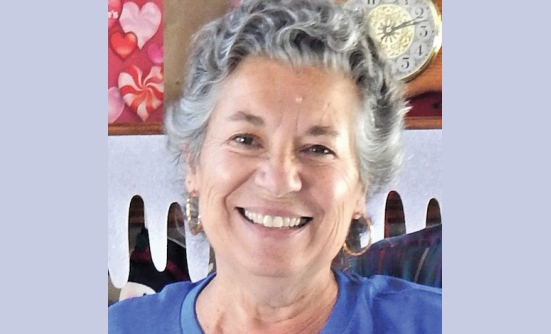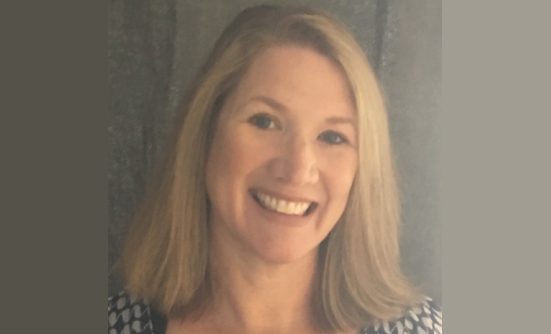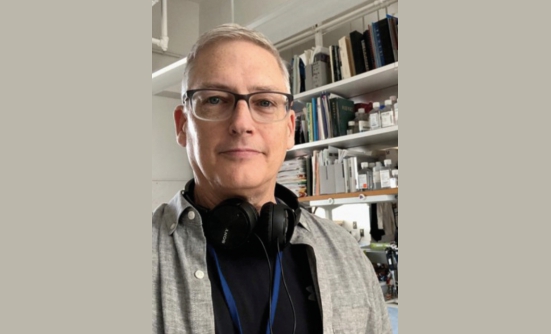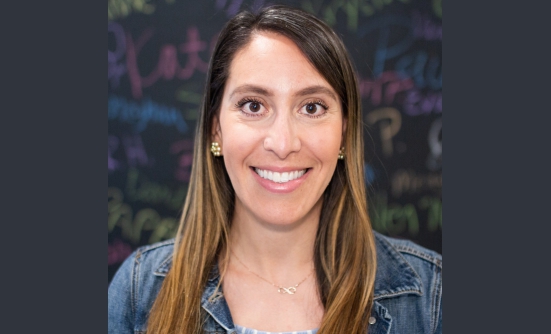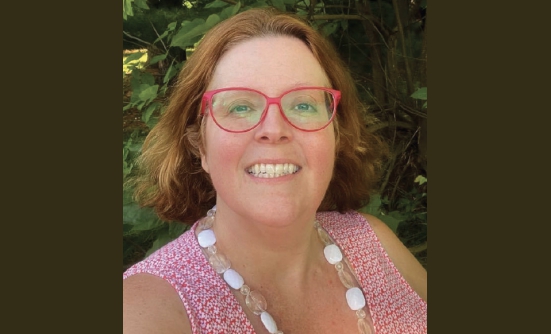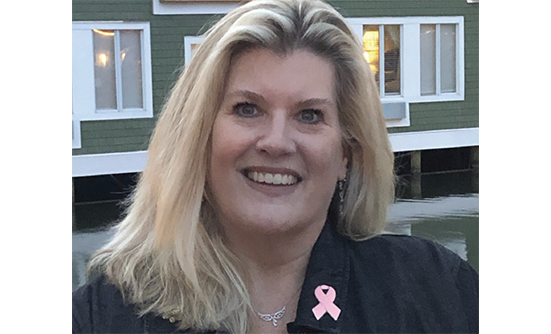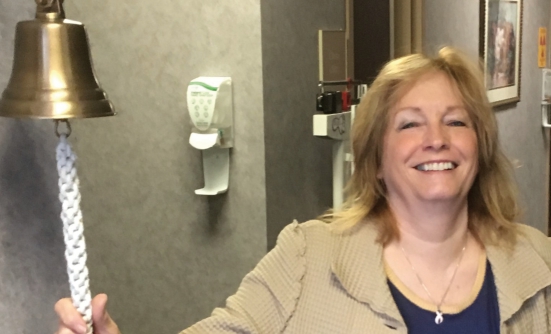Patients with cancer have extraordinary stress in their lives, during treatment, as well as into survivorship. This stress covers every aspect of life, including financial hardships, distress, anxiety, depression, pain, memory loss, and relationship difficulties. Education and work may also be interrupted, and self-esteem may plummet from changes in one’s appearance. Some patients with cancer even suffer a form of posttraumatic stress disorder from a cancer diagnosis, intervention, and cancer treatments.
How can patients with cancer and survivors cope with this stress? Some find help from their physicians, social workers, psychologists, or psychiatrists. A surprising new source of help can come from Mindfulness-Based Stress Reduction.
Mindfulness Meditation Program
This 8-week training program was developed by Dr. Jon Kabat-Zinn from the University of Massachusetts Medical School and involves focusing attention, relaxing the body, and integrating the body and the mind. Evidence shows that this program is effective for controlling anxiety, depression, and stress. Patients who are better able to cope with the stresses that come with disease are also better able to follow their therapies and may have better long-term outcomes.
The program is based on 3 components:
- The first component is focusing on the present, and bringing the mind back to the present whenever it strays back to the past or forward to the future. This is essential, because depression results from a focus on the past, with incriminations and ruminations about what might have been, whereas anxiety is a focus on what may happen in the future. A mind focused on the present cannot experience regret, remorse, anxiety, or other unhelpful emotions. Training to stay in the present is a discipline that can be mastered through practice, especially in the company of others.
- The second major aspect of this training is relaxation of the body and mind, and linking them together. Patients scan every single muscle group in their body, one by one, contracting and relaxing the muscles until all the muscles are completely relaxed.
- Finally, yoga is learned as a way to stretch the relaxed body in synchrony with inspirations and expirations. This facilitates total integration of the mind and the body, exactly as nature intended.
There are more than 1,000 medical providers who have learned the Mindfulness-Based Stress Reduction methods, and they teach the 8-week course to groups of patients with cancer and survivors, as well as caregivers.
These providers are in every US state and in 30 different countries. Because the process is taught in groups, people can be taught to relax and heal in their own environment, among friends.
The Benefits of Stress Reduction
There is no evidence to show that mindfulness meditation improves survival after cancer, but it can improve the quality of life by freeing the mind from obsessive and excessive thoughts, relaxing every muscle in the body, and linking the mind and body together through yoga exercises.
Studies have showed that mindfulness meditation may enhance memory and attention. Other studies have shown that brain size and function may change as a result of meditation; this is an aspect of neuroplasticity, which is a change in the brain caused by behavior, the environment, thinking, or emotions, as well as changes from injury to the body.
Once learned, mindfulness skills can be applied to every aspect of life. Even eating can be done mindfully, by eating slowly, engaging all the senses, and by appreciating and concentrating.
A common exercise in mindfulness meditation workshops involves eating a raisin mindfully. First, people are taught to appreciate the color, contour, texture, smell, and other aspects of the raisin. They learn to appreciate the feel of the raisin on their lips and in their mouths. Next, they learn to appreciate the texture as they bite into it, the taste as it lingers in their mouth, and the feel of their teeth biting into the raisin. Similarly, mindfulness can be applied to other aspects of life.
The good news is that the brain can heal, regrow, and rewire itself; it can build new neurons, and can regenerate neurons through neuroplasticity. Currently, researchers are investigating how brain regeneration and healing through mindfulness meditation reduce stress in patients with cancer.
Regardless of that research, mindfulness meditation has shown to quiet the mind, allowing for thoughtful consideration and gratitude for what presently is. Whatever patients with cancer and survivors lose to cancer, there is always much more that has been gained through life. There is a lot to be grateful for: focusing on this, and building gratitude into your everyday life makes it more fulfilling, peaceful, and meaningful.
Give It a Try
So, is mindfulness meditation for you? It may be, if you want to focus on the present and thoroughly enjoy the here and now, which is the only moment we are guaranteed.
It may be for you if you like to work with other people who have similar life issues, if you want to relax, and if you want to let your stress dissolve and dissipate.
There’s nothing to lose, so it may be worth trying mindfulness meditation and finding out if it’s for you.
Patient Resources
Guided Mindfulness Meditation Practices with Jon Kabat-Zinn
http://www.mindfulnesscds.com/
University of Massachusetts Medical School Center for Mindfulness in Medicine
http://www.umassmed.edu/cfm/
Mindful Living Programs
http://www.mindfullivingprograms.com
National Cancer Institute
http://www.cancer.gov/about-cancer/coping/feelings/stress-fact-sheet








